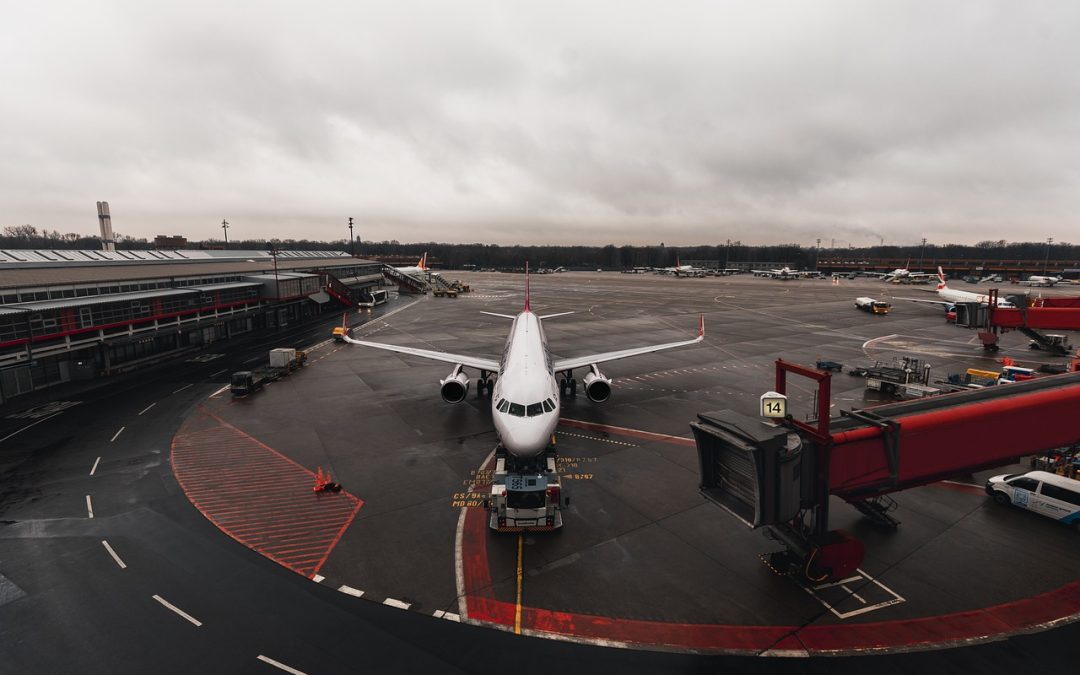As you prepare for your next trip, you may wonder: what are your rights when it comes to your electronic devices? Can the Transportation Security Administration (TSA) search your laptop, phone, or tablet without a warrant? Knowing the answer to this question can help you feel more confident and prepared when interacting with the TSA.
Understanding the Fourth Amendment
The Fourth Amendment to the United States Constitution protects individuals from “unreasonable searches and seizures” and requires a warrant based on probable cause. However, this protection is not absolute, and there are exceptions and nuances to consider. When it comes to airport security, the TSA operates under the “administrative search doctrine.” This doctrine allows for warrantless searches when the primary purpose is to ensure public safety and the scope of the search is limited to that purpose.
The TSA’s Policies and Procedures
The TSA has guidelines in place for searching electronic devices. While they do not require a warrant, they must have “reasonable suspicion” to believe that a device contains prohibited items or poses a security risk. Reasonable suspicion is a lower standard than probable cause, and it is often based on a combination of factors, such as traveler behavior, intelligence, and other indicators.
In practice, this means that the TSA may ask you to turn on your device, provide access to certain files or applications, or answer questions about your device. However, they should not ask you to unlock your device or provide passwords without a warrant or consent.
Knowing Your Rights and Responsibilities
It’s essential to remember that you have rights, but you also have responsibilities when interacting with the TSA. Here are some tips to keep in mind:
- Avoid being confrontational or argumentative. This can escalate the situation and may lead to additional screening or law enforcement involvement.
- Politely ask the TSA officer to explain their reasoning and the scope of the search.
- If you’re unsure or uncomfortable with the search, ask to speak with a supervisor or seek legal guidance.
- Remember that you have the right to remain silent, but be aware that refusing to cooperate may lead to additional consequences, such as further screening or denied entry to the secure area.
- Be prepared to provide identification and be honest about the contents of your devices.
“The right to be secure in one’s person, papers, and effects is a fundamental right that is at the core of our Constitution. It is a right that has been recognized and respected for centuries, and it is a right that is essential to our liberty.” – Justice Sonia Sotomayor, United States v. Jones (2012)
In conclusion, while the TSA can search your devices without a warrant, it’s crucial to understand the limits of this authority and your rights as a traveler. By staying informed, being prepared for interactions with the TSA, and knowing your rights, you can ensure a smoother and safer travel experience. Remember to stay calm, respectful, and assertive when interacting with law enforcement, and always seek guidance if you’re unsure about your rights or the legality of a search. Stay informed about local laws and regulations, and happy travels!
The information at Observed.Org may not pertain to every jurisdiction. It is YOUR responsibility to know your rights and observe them. Nothing here should be considered legal advice.

